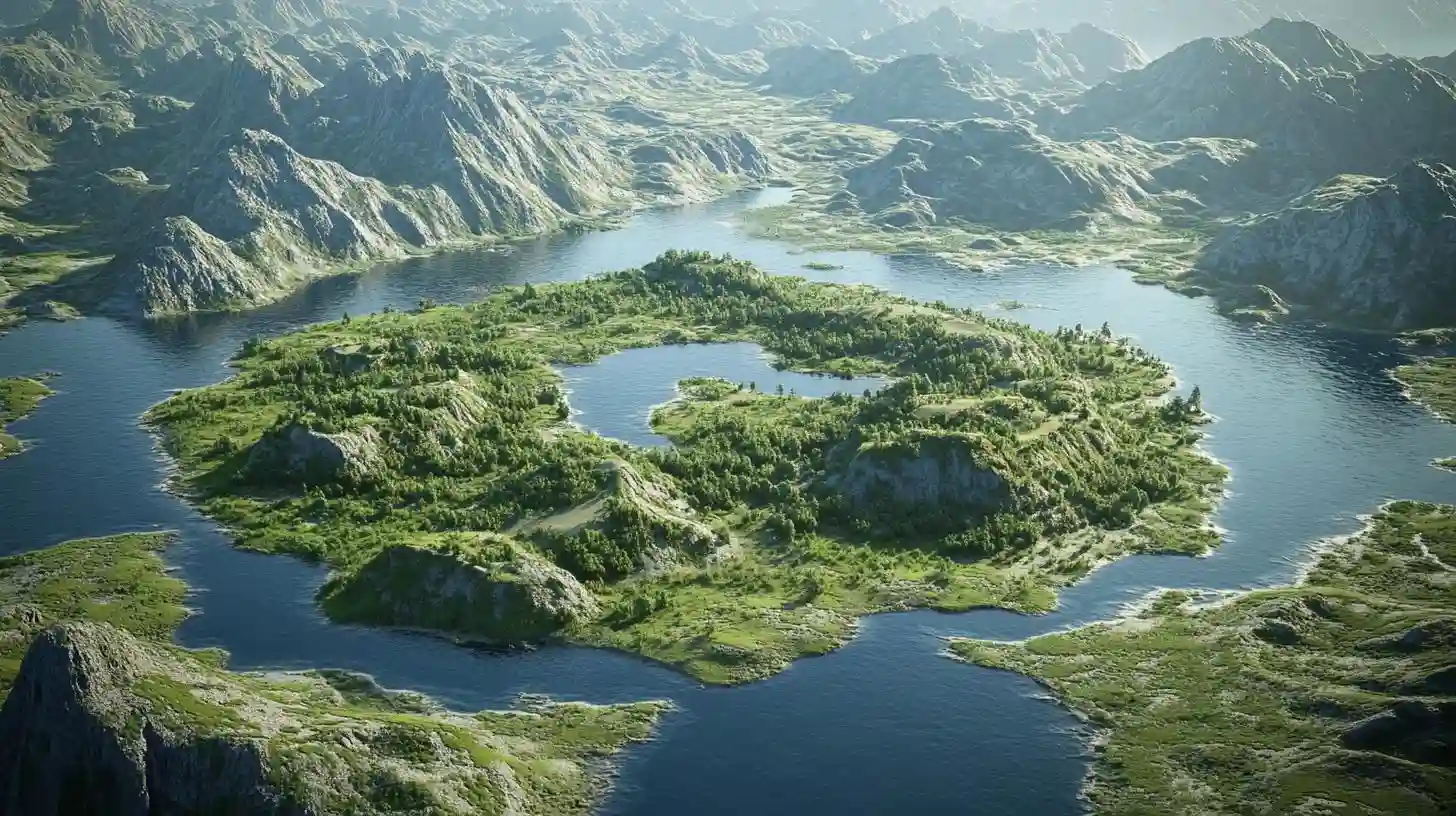
Contentnesthub

Wetlands play a crucial role in maintaining the ecological balance of our planet, often referred to as the Earth's natural kidney. These unique ecosystems, characterized by the presence of water, soil, and vegetation, provide a multitude of functions that are vital for sustaining life both within and around them. To understand the importance of wetlands, one must delve into their myriad benefits, ranging from water purification to biodiversity support.
One of the primary functions of wetlands is their ability to filter pollutants from water. As water flows through these ecosystems, various natural processes come into play. The roots of wetlands plants, such as cattails and reeds, trap sediments and absorb nutrients, effectively preventing harmful substances from entering larger bodies of water. This process not only enhances water quality but also aids in the prevention of algal blooms, which can lead to significant ecological harm and pose risks to human health. By acting as natural filters, wetlands help to ensure that the water we depend on is clean and safe for use.
Additionally, wetlands serve as crucial buffers against flooding. During heavy rainfall or snowmelt, these ecosystems can absorb excess water, thereby mitigating the impact of floods on surrounding communities. The sponge-like properties of wetland soils allow them to hold large quantities of water, releasing it slowly over time. This gradual release helps to maintain streamflow levels and reduce the risk of downstream flooding. By providing this natural flood control service, wetlands not only protect human settlements but also contribute to the overall resilience of the landscape.
Wetlands are also recognized for their vital role in carbon storage and climate regulation. The vegetation present in wetlands captures carbon dioxide from the atmosphere, sequestering it in biomass and soil. This process is essential in combating climate change, as it reduces the overall concentration of greenhouse gases in the atmosphere. Furthermore, wetland soils are typically anaerobic, meaning that they decompose organic matter at a much slower rate than other soil types. As a result, wetlands can store significant amounts of carbon over prolonged periods, making them crucial allies in the fight against global warming.
Biodiversity is another critical aspect of wetlands. These ecosystems support a wide variety of plant and animal species, many of which are specially adapted to thrive in wetland conditions. From migratory birds that use wetlands as stopover points during their long journeys to amphibians and fish that rely on them for breeding and growth, wetlands are hubs of biodiversity. The diverse habitats created by various moisture levels, vegetation types, and water chemistry allow for an intricate web of life to flourish. Protecting wetlands is fundamental to conserving these species and maintaining healthy ecosystems.
Wetlands also provide numerous cultural and economic benefits to society. Many communities rely on these areas for their livelihoods, engaging in activities such as fishing, hunting, and ecotourism. The rich resources found in wetlands support local economies and provide food security for countless populations. Additionally, wetlands often hold cultural significance for indigenous peoples and local communities, playing a pivotal role in their traditions, spiritual beliefs, and lifestyles. Preserving wetland ecosystems thus supports not only biodiversity but also the cultural heritage of human societies.
Education and research opportunities abound in wetlands, offering insights into ecological processes and the interdependence of species. These ecosystems serve as natural laboratories for scientists studying climate change, water quality, and habitat restoration. By understanding the dynamics of wetlands, researchers can develop effective conservation strategies and inform policymaking to protect these invaluable resources.
Despite their numerous benefits, wetlands are under threat from human activities, including urban development, agriculture, and pollution. These pressures lead to habitat degradation, and in many cases, complete loss of wetland areas. This not only jeopardizes the ecological services that wetlands provide but also threatens the biodiversity that relies on these habitats.
As awareness of the importance of wetlands grows, there is an increasing movement toward their conservation and restoration. Many organizations, governments, and communities are working together to protect existing wetlands and rehabilitate degraded ones. Such efforts are critical for ensuring that future generations can continue to benefit from the invaluable services provided by these ecosystems. By recognizing and valuing wetlands as integral components of our environment, society can take meaningful steps towards preserving them for years to come.